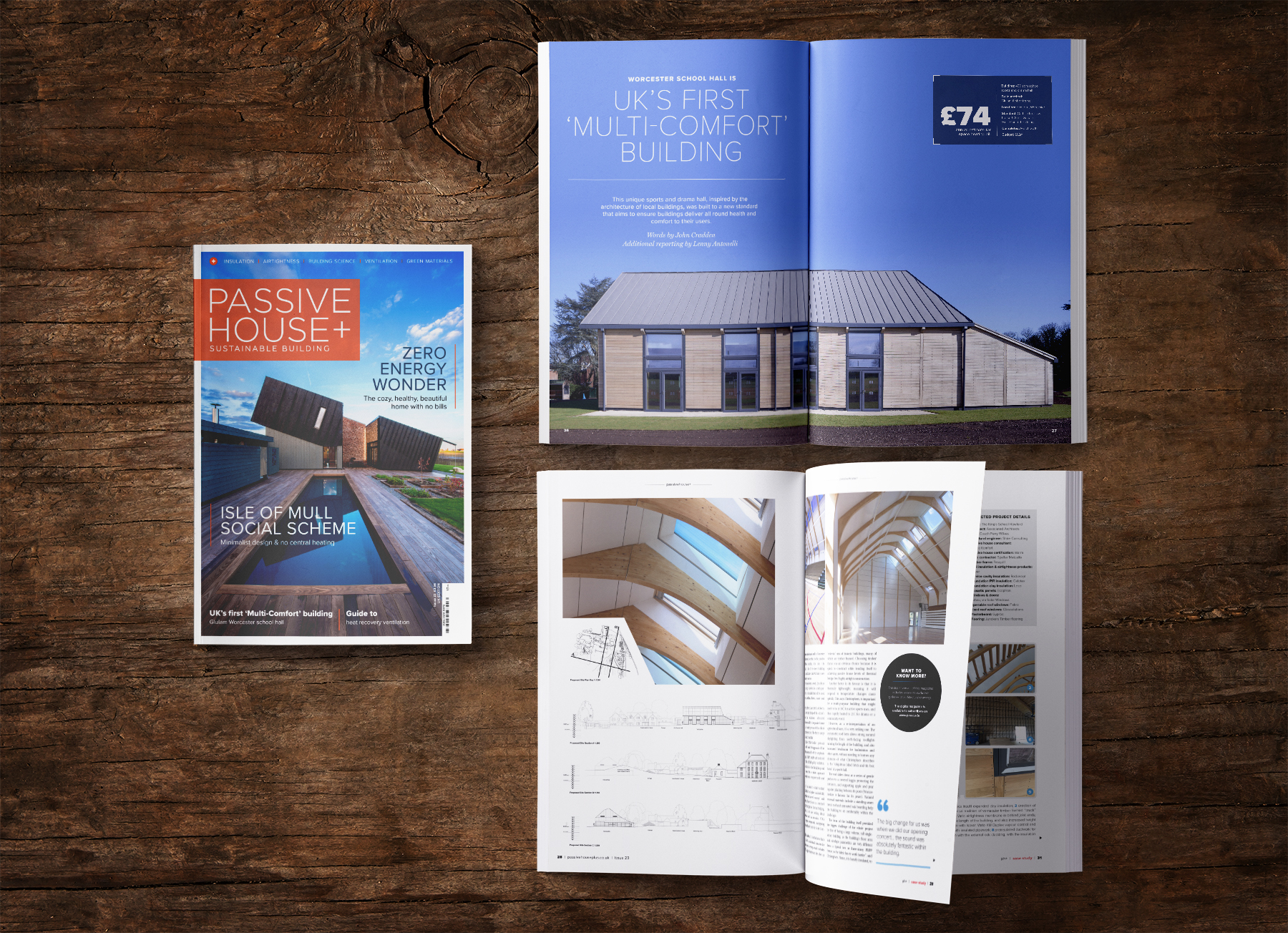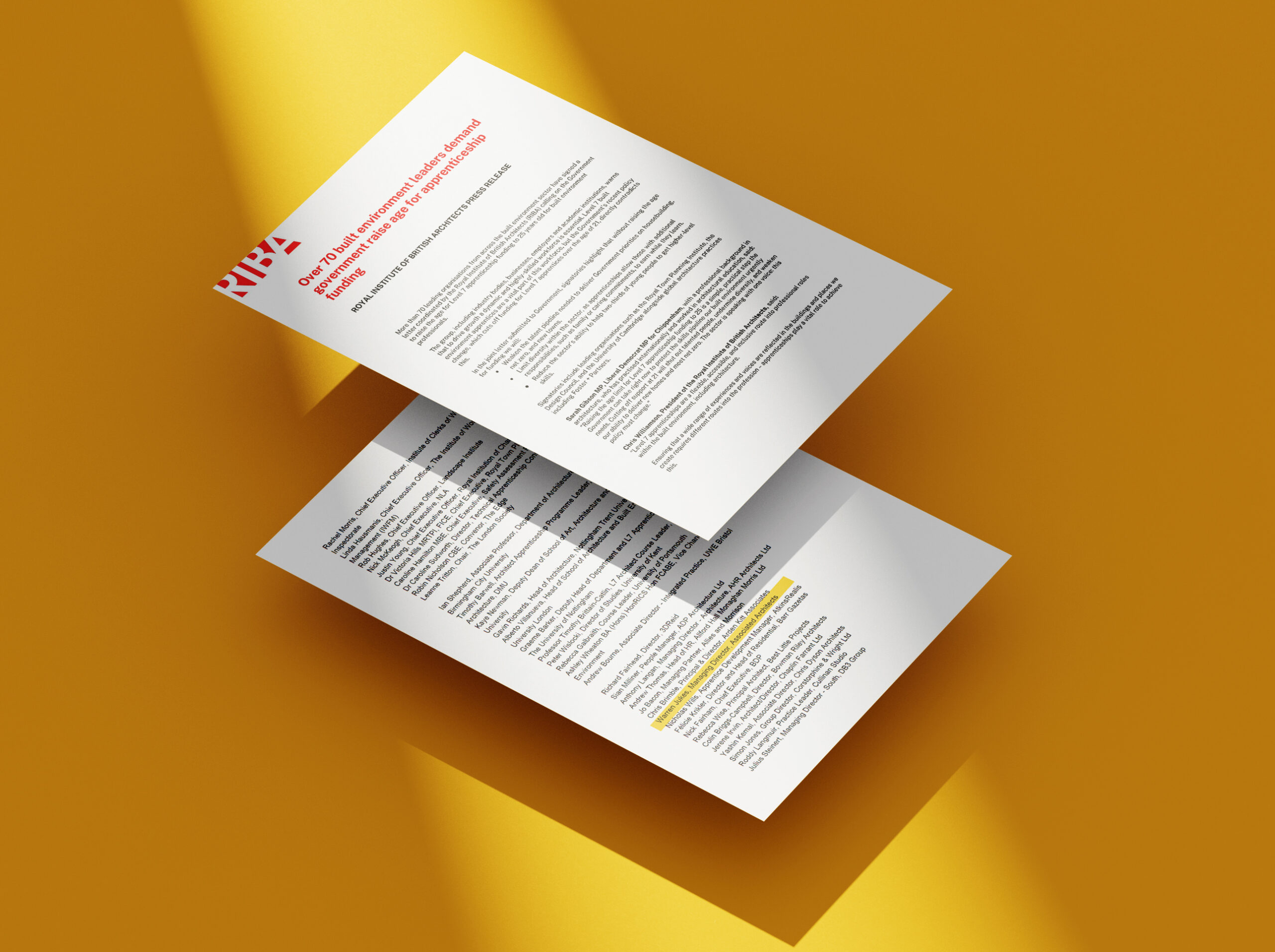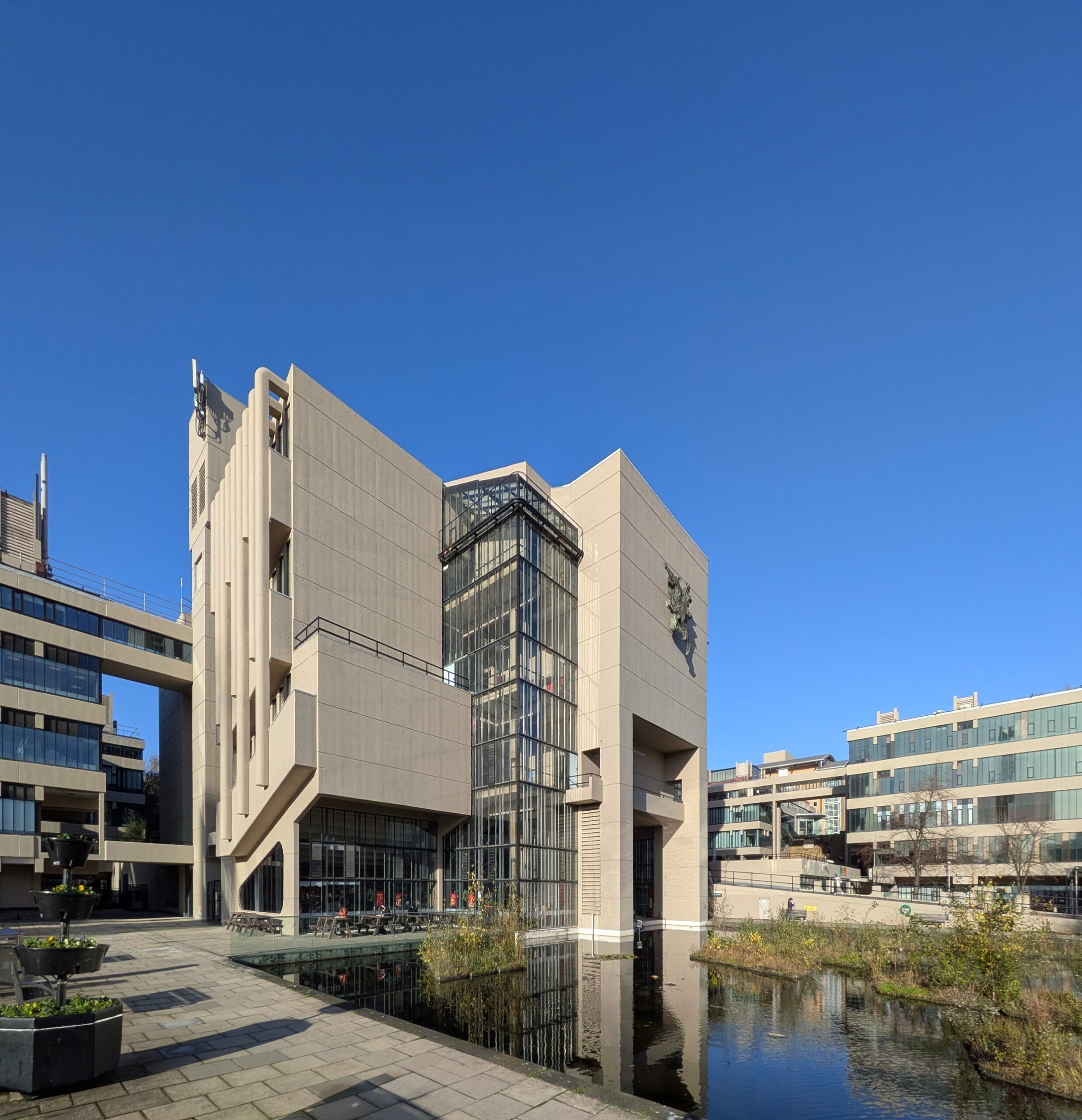We are excited that The Bartholomew Barn, King’s Hawford School’s new multi-purpose sports and drama facility, is the subject of a case study in the current edition of Passive House Plus Magazine.
The Barn is the UK’s first ever “Multi-Comfort” building, and a world-first Multi-Comfort school. It is designed as a striking contemporary re-interpretation of an agricultural barn.
Multi-Comfort is a new wholistic low energy and well-being building standard, developed by the Saint-Gobain building materials company. It includes the world-leading standard known as “Passivhaus”. This is an increasingly recognised energy performance standard, with over 30,000 buildings globally, the majority built in the last ten years. The Passivhaus standards, originally developed in Germany, are independently certified and require excellent thermal insulation standards, exceptional building airtightness and filtered heat-recovery ventilation.
Average UK primary schools use around 100 units of heat per year (kWh/sqm/yr), whereas the Passivhaus/Multi Comfort standard is 15. During it’s first year of occupation the Bartholomew Barn has used only 4 kWh/sqm/yr, with an enviable heating bill of just £75.
Other Multi Comfort criteria include daylighting and acoustic standards, going beyond efficiency to the comfort of occupants. Full criteria are at:
https://multicomfort.saint-gobain.co.uk/media/1084/multi-comfort-softback-brochure-2015.pdf
and
http://www.multicomfort.co.uk/
A website dedicated to this building, including a talk extract from Associated Architects’ John Christophers, is at:
https://multicomfort.saint-gobain.co.uk/multi-comfort-projects/bartholomew-barn/
We advocate that the buildings we design today are likely to be in use into the next century, and therefore building fabric (walls, roofs, windows, airtightness etc) should be constructed to the highest standards to avoid costly future upgrades, slash heating bills and minimise carbon emissions. Associated Architects are members of the Passivhaus Trust, where the standard is described and of the UK Green Building Council, which has championed the business case for sustainability (https://www.ukgbc.org/courses/getting-started-business-case-sustainability/).





